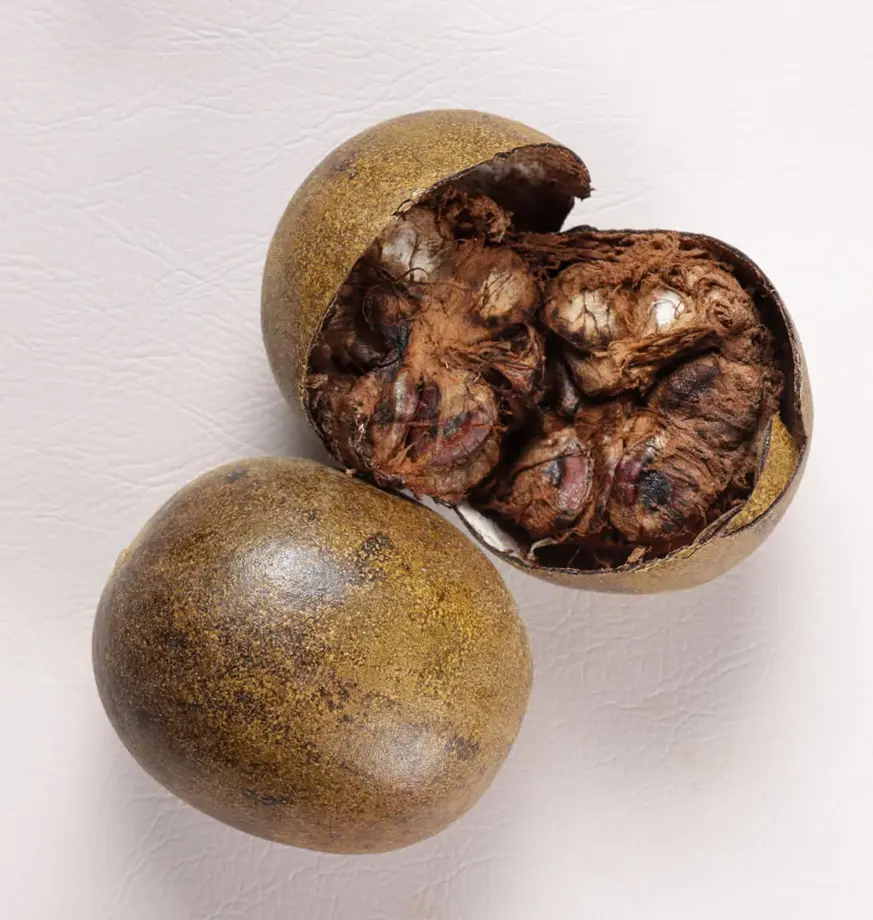How To Stop Snoring: 15 Home Remedies To Get Rid Of
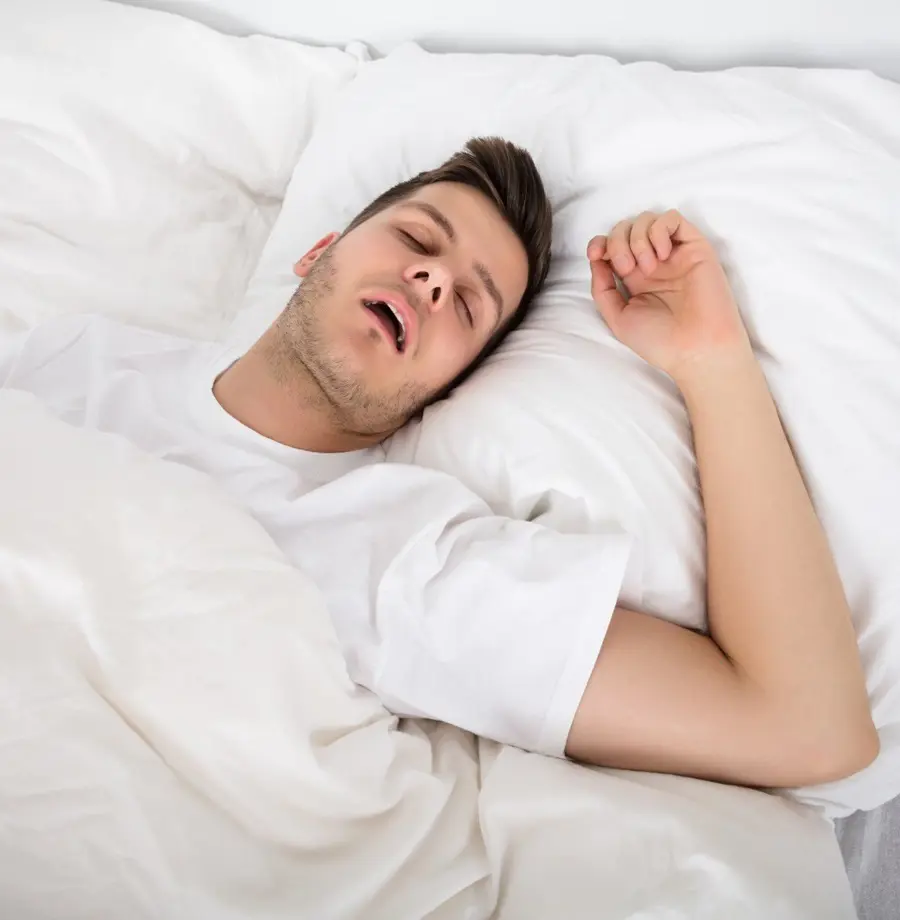
This post may contain affiliate links. If you make a purchase through links on our site, we may earn a commission.
A huge part of population have to lose sleep just because of snoring. If we look at the data from the studies, it has been reported that around two thirds to half of the population are affected by this common issue. What makes this problem more concerning is that it causes problem not only for the person snoring but also for their bed partner.
The main cause behind snoring is the partial blockage of the airway which results in the characteristic sound. There are solutions for this, which are effective to reduce or stop snoring altogether. Here, we will address the underlying causes of snoring and also some simple solutions that can be adopted to reduce the associated discomfort and improve the sleep quality.
1. Nasal Strips
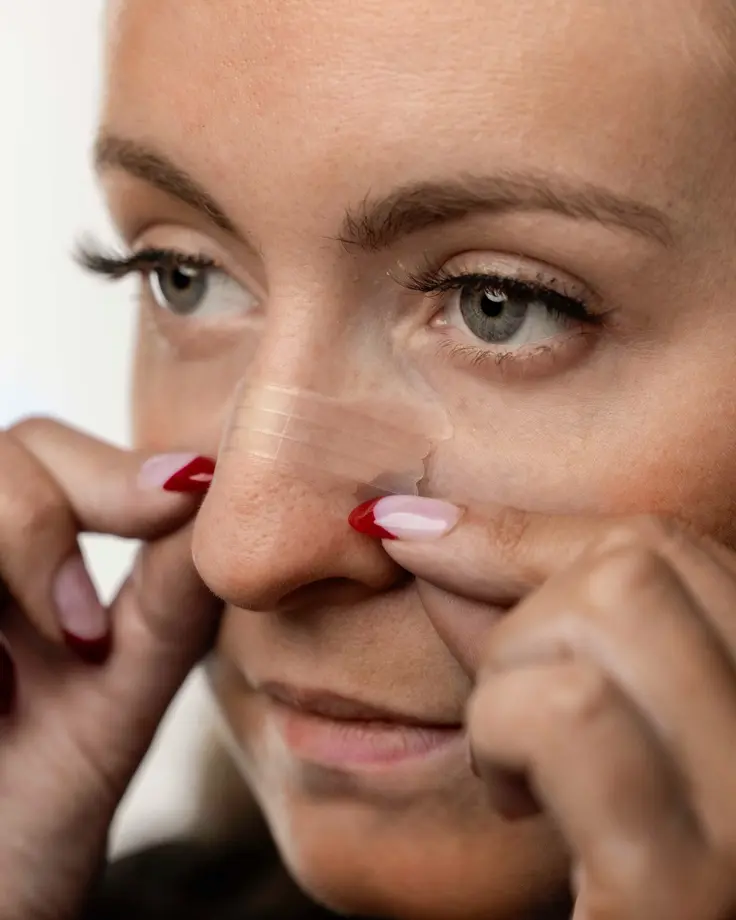
Nasal strips are simply adhesive bands that are placed on the outside of the nose. The strips help to improve the airflow through the nasal passage by gently pulling open the nostrils.
These strips work best if the reason behind the snoring is nasal congestion or blocked nostrils. As the resistance in the nasal airflow gets completely reduced with the use of this remedy, you will have smooth breathing, hence completely ceasing snoring.
Nasal strips is a non-invasive remedy and is a great quick fix for people with mild snoring. Apart from the people with nasal issues, nasal strips can also help those without nasal issues who tend to snore due to slight nasal constriction. Also, if you are experiencing chronic nasal congestion or snoring, nasal strips can provide significant relief, allowing you to get a better night’s sleep.
2. Opening Nasal Passages
If you have blocked sinuses from a long time, applying nasal passages opening procedures may benefit you. As one of the primary causes for the blockage of airflow is congestion, different techniques can help.
Saline nasal spray is one such remedy that helps to rinse out the mucus and allergens in the airway. The process takes away all the factors that makes it harder to breathe through the nose, leading to mouth breathing. There are also other methods with which you can flush out the sinuses with a saline solution.
Other than saline solution, using decongestants is also common, but this needs to be done only upon the recommendation of a medical personnel. Simple methods like steamy showers are also equally efficient on loosening the mucus. Overall, there are different ways to open nasal passage which can help in making breathing easier and working as natural remedies for those suffering from congestion-related snoring.
3. Sleep On Your Side
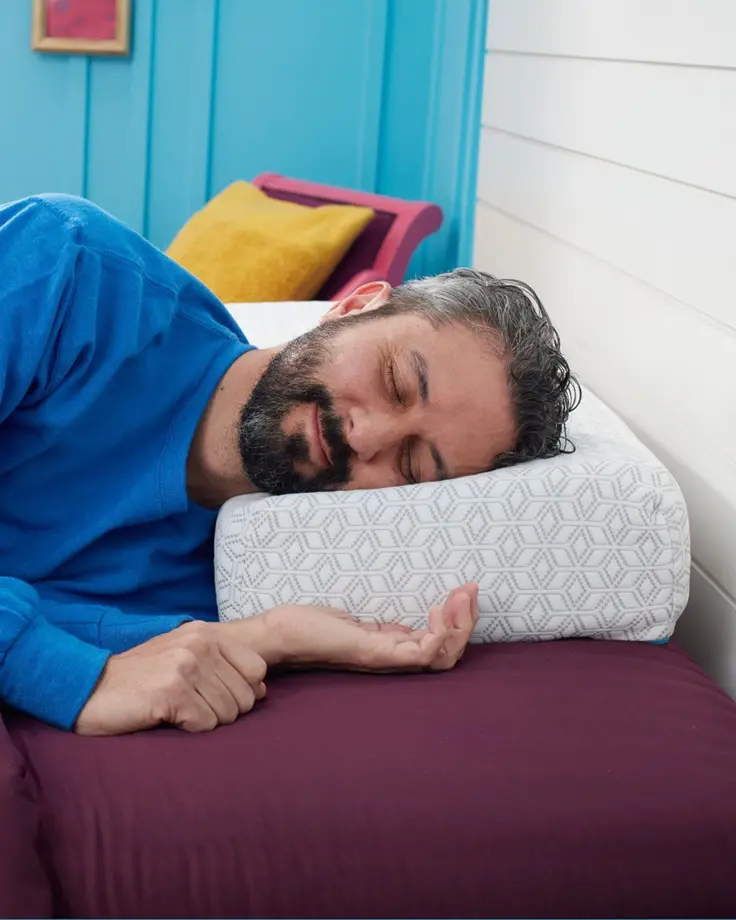
Sleeping on your back is one of the common reasons behind snoring. So, for this, changing your sleeping position, maintaining on your side is a well-known remedy.
When you lie on your side, the chance of airway getting collapsed, due to the blockage caused by tongue and soft tissues decreases, hence reducing the vibration. Sleeping this way additionally reduces the chances of developing sleep apnea, a serious condition often linked to chronic snoring.
Moreover, we suggest you to sleep on your left side that can improve both circulation and digestion. Side-sleeping is just a hack and may not be a one-size-fits-all solution, the only thing that can be guaranteed is, it can significantly reduce snoring for many people.
4. Staying Away From Allergens
For people who get allergies often, the ones related to dust and pollen, snoring can be common. These allergens can obstruct nasal passages and throat, making stuffy nose, and frequent sneezing common. All of these factors can aggravate snoring.
If you are among the ones who have allergies because of the allergens, to stay away from snoring, it's better to minimize exposure to the common triggers. Doing this will help to reduce the chances of nasal passage blockage preventing breathing through mouths.
In particular, allergic rhinitis is a condition in which the tissues in nasal passages get inflamed due to allergens. The symptoms related to it, including blocked nasal passage, is known to exacerbate chronic snoring.
Conditions like these, caused by snoring can be reduced by cleaning your sleeping rooms regularly. As the allergens don't get a chance to accumulate, you would be safe from the risks. Also, if you are allergic to pets, try getting a hypoallergenic breed and keep them away from the bedroom for more effective results.
For severe cases, where allergies are chronic, it's best to consult a healthcare provider and rely on the medicines that help reduce the allergies, some common over-the-counter medicines include antihistamines.
5. Humidifier
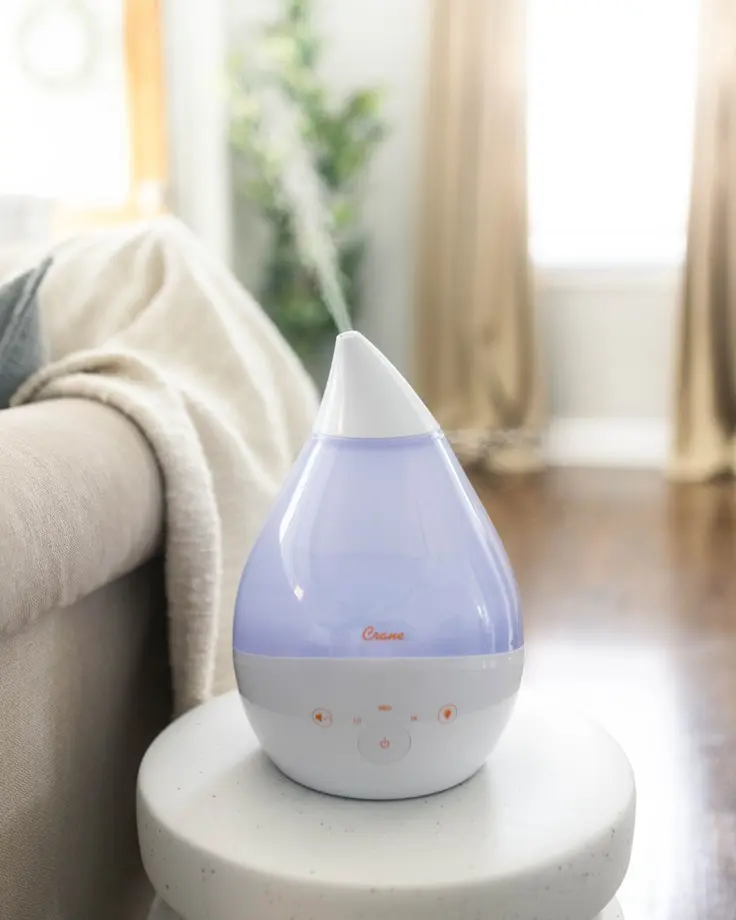
Sometimes, snoring might be because of dry air. Suppose, if your room has dry air, which normally happens in winter months then there is a good chance that your nasal passages become dry and irritated. This can lead to snoring, as dry air makes it harder for your body to keep your airways open during sleep. This condition is also true of the room is air-conditioned.
Using a humidifier in your sleeping room is a thoughtful option to get rid of snoring in this case. The moisture the humidifier adds to the air in the room can help throat soothe. The nasal passages can also function effectively, making it easier to breathe while you sleep.
So, any individuals who start snoring once the dry season is up, consider adding a humidifier to the room. As the air in the room gets moist, you won't get the throat tissues and there will be reduced chances of the vibrations that cause snoring.
6. Lubricating Nasal Passages
In cases dryness in the nose or throat is the reason behind snoring, it's best to look ways to lubricate nasal passages. Dry nasal passages have high chances to become irritated and inflamed, which with time can block the airway making you snore.
Some ways to lubricate the dry nasal cavity include:
- Using a saline nasal spray
- Or using a nasal gel before bed
These products are so made that they help to hydrate and lubricate the nasal passages. As a result, the irritation gets reduced and air will flow more freely through the nose.
There are also natural remedies that can be used to lubricate the nasal passage. Coconut oil and petroleum jelly are some which has moisturizing properties. Additionally, including liquid heavily in the diet is also important. Though this doesn't has a direct effect, it can help soothe the throat and nasal tissue by maintaining moisture in the nasal passages, making it less likely for them to dry out overnight.
7. Gargling
Gargling before bed can indeed be a helpful and soothing routine because this process can help get the airway clear. When we gargle, with solutions like warm salt water, it soothes the inflamed throat cells, clears mucus, and keeps oral tract healthy. These all factors can help throat muscles to relax therefore reducing the chances of snoring. Also, the antiseptic properties that salt has help cleanse the throat, while its anti-inflammatory effects can ease any swelling in the soft tissues.
Another solution that can be more effective in clearing the airway is herbal remedies like peppermint oil. It can be beneficial as peppermint contains menthol, which has been proven to be effective in opening up the airways and soothing nasal congestion. As the peppermint oil can also support relaxation and a clearer respiratory system, the chances of having a quality sleep is even more.
So, if you have a snoring problem, as part of your nightly routine, try to gargle with salt water or herbal solutions such as diluted peppermint oil. Doing this for a long period can help ensure a more restful and snore-free night by addressing the underlying causes of throat irritation, inflammation, and airflow obstruction.
8. Anti-snore Pillows
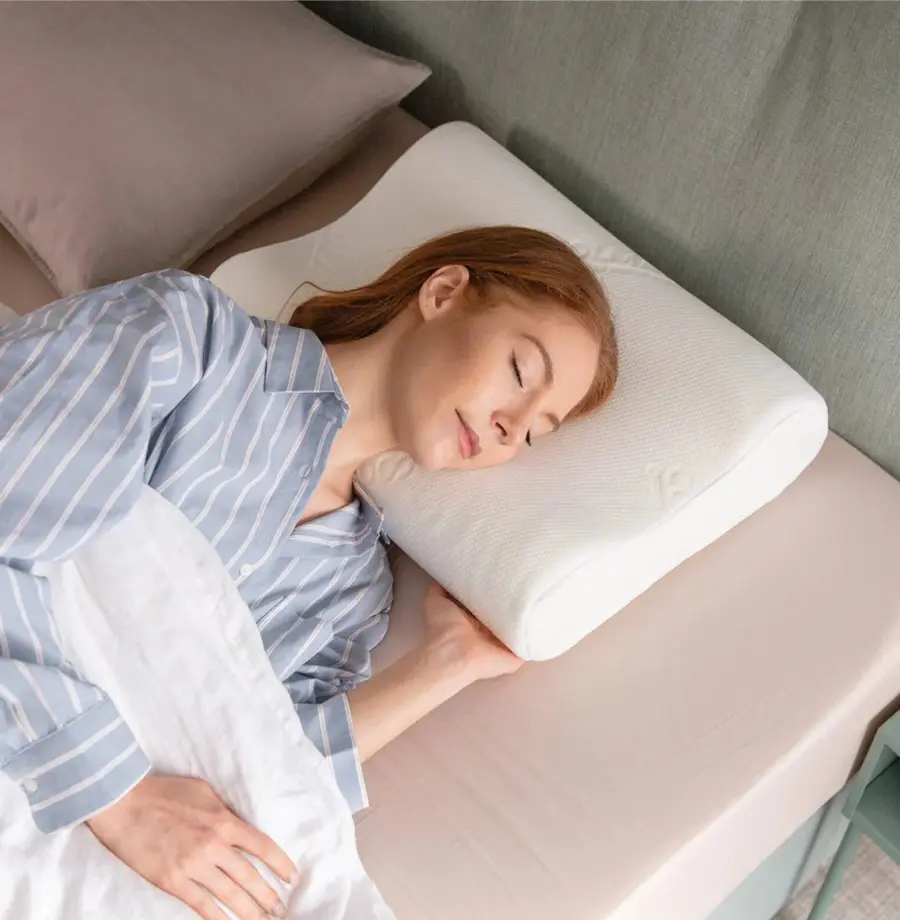
Anti-snore pillows works on a simple principle, they keep head elevated while we sleep, benefitting by keeping the airways open.
As you put these specially designed pillows on your bed, it allows for the proper alignment of the head, neck, and spine during sleep. By improving the angle at which you sleep, anti-snore pillows cuts out the chances of falling back of your tongue into the throat, which is considered a primary cause of snoring.
There are also pillows that are specifically designed to encourage side-sleeping, which can further reduce snoring. This kind of pillows often feature memory foam or ergonomic designs that support the natural curvature of the neck, helping to avoid airway obstruction.
While anti-snore pillows aren’t a cure-all, they can give best results for people who snore due to poor sleeping posture or back-sleeping.
9. Anti-snoring Device
Many anti-snoring devices are commercially designed to open the jammed airway. The devices are meant to be custom-fitted to your mouth and are both effective and comfortable. They are often made from soft, flexible materials that mold to the shape of your mouth, allowing for a more natural fit while minimizing discomfort.
The devices generally work by gently repositioning the jaw or tongue, preventing airway collapse. Some common types include mandibular advancement devices (MADs), which move the lower jaw forward, and tongue stabilizing devices (TSDs), which hold the tongue in place to prevent it from blocking the airway. Let's have a look at the name of the products popular in the market:
- SnoreRx Plus
- Somnofit-S Anti-Snore Mouth Guard+
- Sleepon M2
10. Raising Head of Your Bed

An elevated head of the bed, about four inches is proper to prevent snoring. If we snore while we are lying flat in our bed, then it's probably due to the gravity which causes the tongue and other tissues in our throat to fall back. This can obstructs airway in such a manner that the air flow in the passage can be hindered.
For a smoother airflow, you can maintain the suggested height of the head by using wedge pillows. They work by elevating your upper body. A simple home remedy, if this helps then you won't have to go for other invasive methods.
11. A Healthy Weight
A healthy weight can be helpful in getting rid of snoring. The additional pressure on the airway that comes from the excess weight, on the neck and throat region, can make it obstructed as a result of which snoring is common.
So, it's important to focus on reducing the weight which ultimately helps to eliminate fat buildup on the neck region. After achieving a healthy weight, the airway gets opened up allowing for smoother airflow while sleeping.
Additionally, a healthy weight can lower the risk of sleep apnea, a more severe condition linked to chronic snoring, where the airway becomes partially or completely blocked during sleep. So, to prevent this from happening, make regular exercise a priority. Also, focus on maintaining a healthy diet so you never gain excess fat.
12. Replace Medications That Make Snoring Worse

If you think snoring is an innate characteristic, you’re mistaken. While some people may be more prone to snoring due to factors like anatomy or genetics, medications can contribute to or worsen snoring.
Tranquilizers and other muscle relaxants are common culprits. These medications relax the muscles throughout your body, including those in the throat, which can lead to a narrowing of the airways and increased vibrations during sleep -ultimately worsening snoring.
To address this, there are several solutions. First, speak with your doctor about adjusting or changing medications. If tranquilizers or other drugs are contributing to your snoring, your doctor may offer alternatives that don’t have the same sedative effects on your throat muscles. If the medications can not be changed, then there are other solutions to go for, such as sleeping on your side or using snore-free devices.
13. Alcohol
Alcohol can immediately relax the muscles of the throat, and this may induce snoring as the tissues won't be as tight as they should be to have a sound-less sleep.
The tissues in a relaxed state can easily vibrate, causing the familiar snoring sound. Hence, if snoring is a problem when you drink alcohol then it is obviously due to its depressant effect on the central nervous system, which in turn can cause the muscles in the throat to relax more than usual.
So, to avoid snoring, it's best to avoid consuming alcohol close to bedtime, in the evening or several hours before sleep, to prevent the pronounced effects.
14. Smoking
Smoking though is not a direct cause, can worsen snoring. Cigarettes are made of harmful chemicals, and once they get exposed to our throat tissues, they can inflame the airways. As the tissues in the airway get swollen, the airflow along the passage becomes more difficult.
Additionally, over time, smoking can weaken the respiratory system and increase the likelihood of conditions like sleep apnea, which is often associated with snoring.
15. Hot Shower
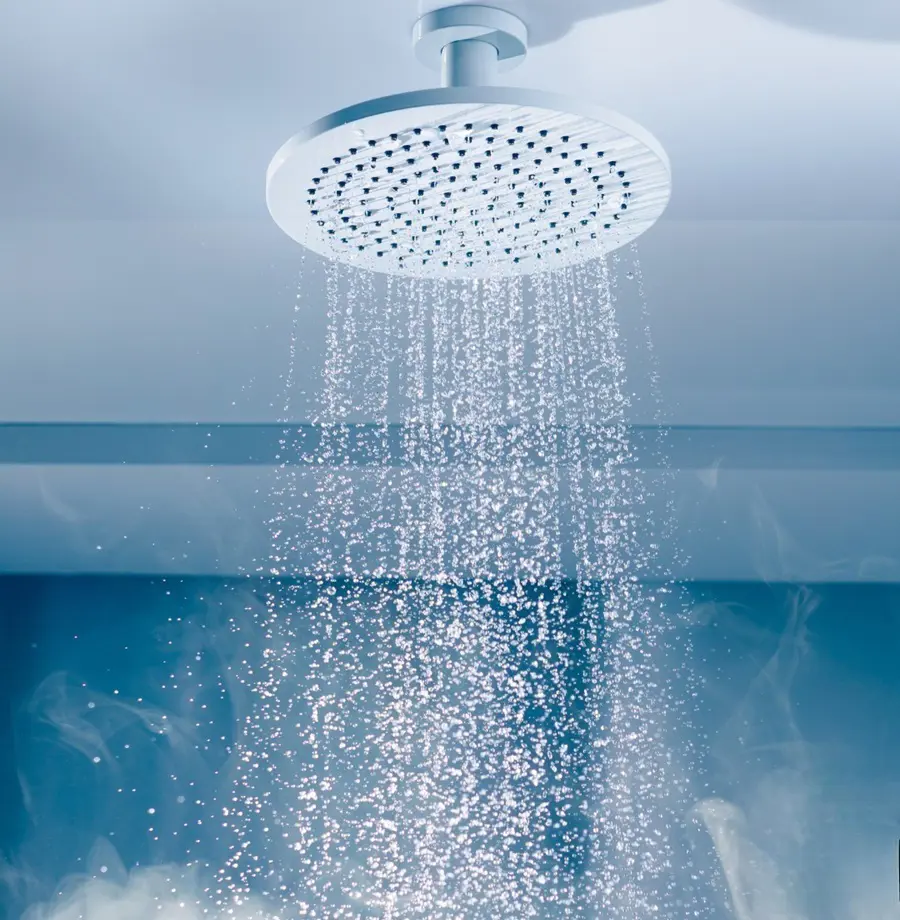
Hot shower, a steaming one can be very effective to help prevent snoring. The steam from the shower helps open the nasal passages and sinuses, which makes breathing through the nose totally easy. This solution is for the ones whose snoring problem is caused by blockage in the nasal airways.
The warm water and steam also help the muscles of your throat relax, meaning you will have better airflow. The sound of snoring is also reduced as the warmth of the bath can soothe any irritation or inflammation in the throat, easing discomfort that might contribute to snoring.
So, anyone who snores a lot should try incorporating a hot shower into their nightly routine. This simple and natural way to alleviate some of the common causes of snoring and encourage a peaceful sleep.
Recent posts
Lifestyle
Lifestyle
Is Sourdough Bread Really Healthy?
Sourdough bread is not just another bread; it's a time-honored and naturally fermented food. With the use of all-natural ingredients, even the yeast, the bread has a unique flavor and texture to offer. Chewy, crusty and sour, sourdough bread is appre...
Lifestyle
20 Foods That Are Bad for Your Heart
Sadly, cardiovascular disease ends one life every 33 seconds, and that, indeed is an extremely tragic moment. Hence, giving your heart great importance and keeping it healthy is so important for overall health, and what you eat can make a big differe...
Lifestyle
20 Foods That You Can’t Freeze
Freezing foods can be a realistic time-saver, it is one of the most convenient ways to preserve food in our kitchens for later use. It can do both, reduce food waste as well as save time in food preparation. However, there are exceptional cases...
Lifestyle
Is Agave Good For You? Benefits, Uses And Risks
When you stroll through the sweetener section at a supermarket or any other store, you probably notice bottles of golden agave nectar or agave's inulin with labels boasting claims like "natural" and "healthy". But is this viscous sweetener which come...
Lifestyle
Is Monk Fruit Healthy? Benefits, Nutrition And Risks
Monk fruit is a simple vine of the gourd family that has recently gained fame as a sweetener. The fruit is hard to find in the market and has been less cultivated around the world, it's native to Southeast Asia. A zero-calorie sweetener, there is a l...
Lifestyle
How Much Caffeine Is in Green Tea
Green tea, a tea popular for its health benefits, comes with a gentle caffeine boost. Due to this low caffeine level, the drink can be considered perfect for those who want to stay alert without the jitters. The availability of caffeine in green tea ...




